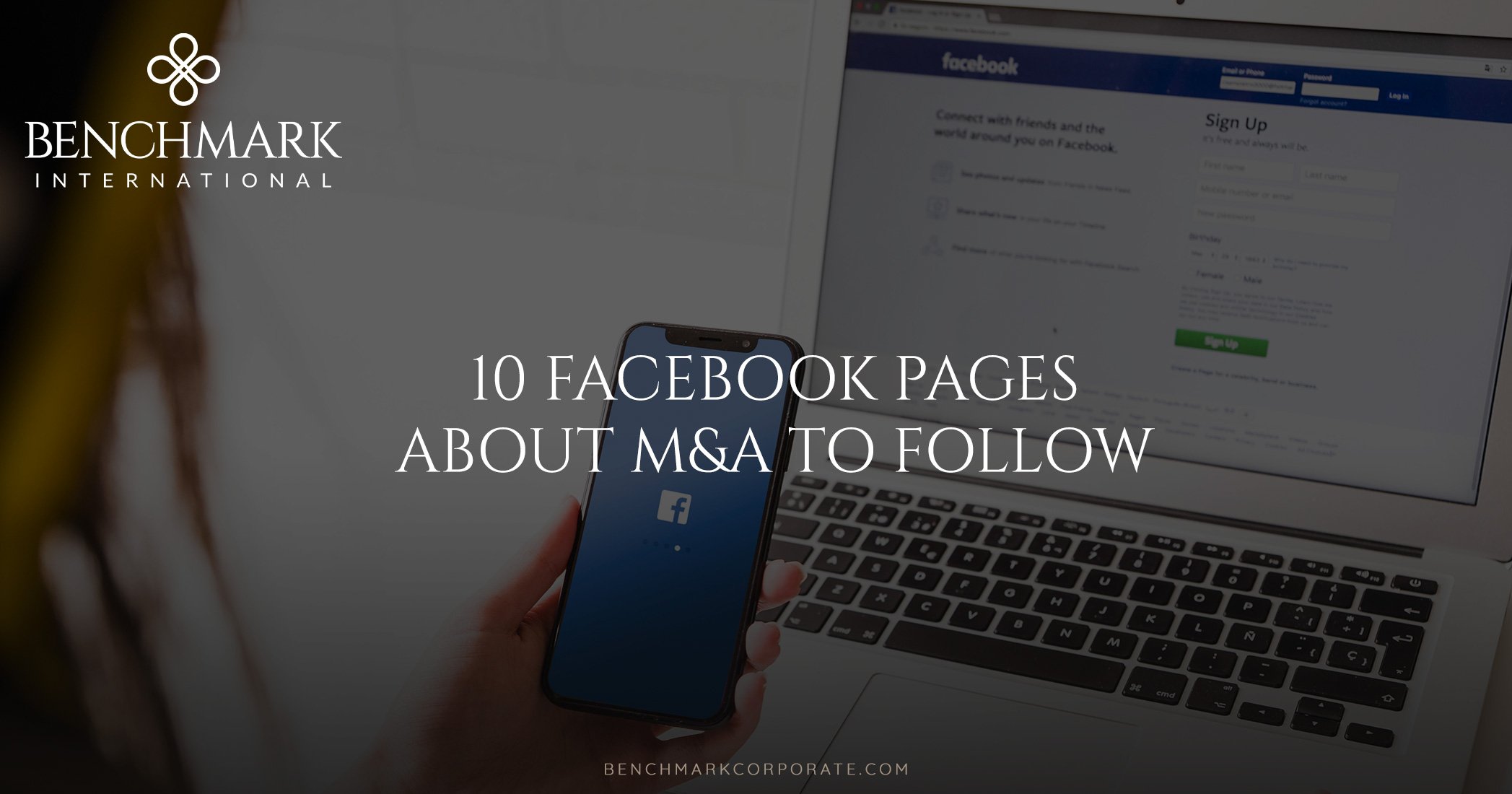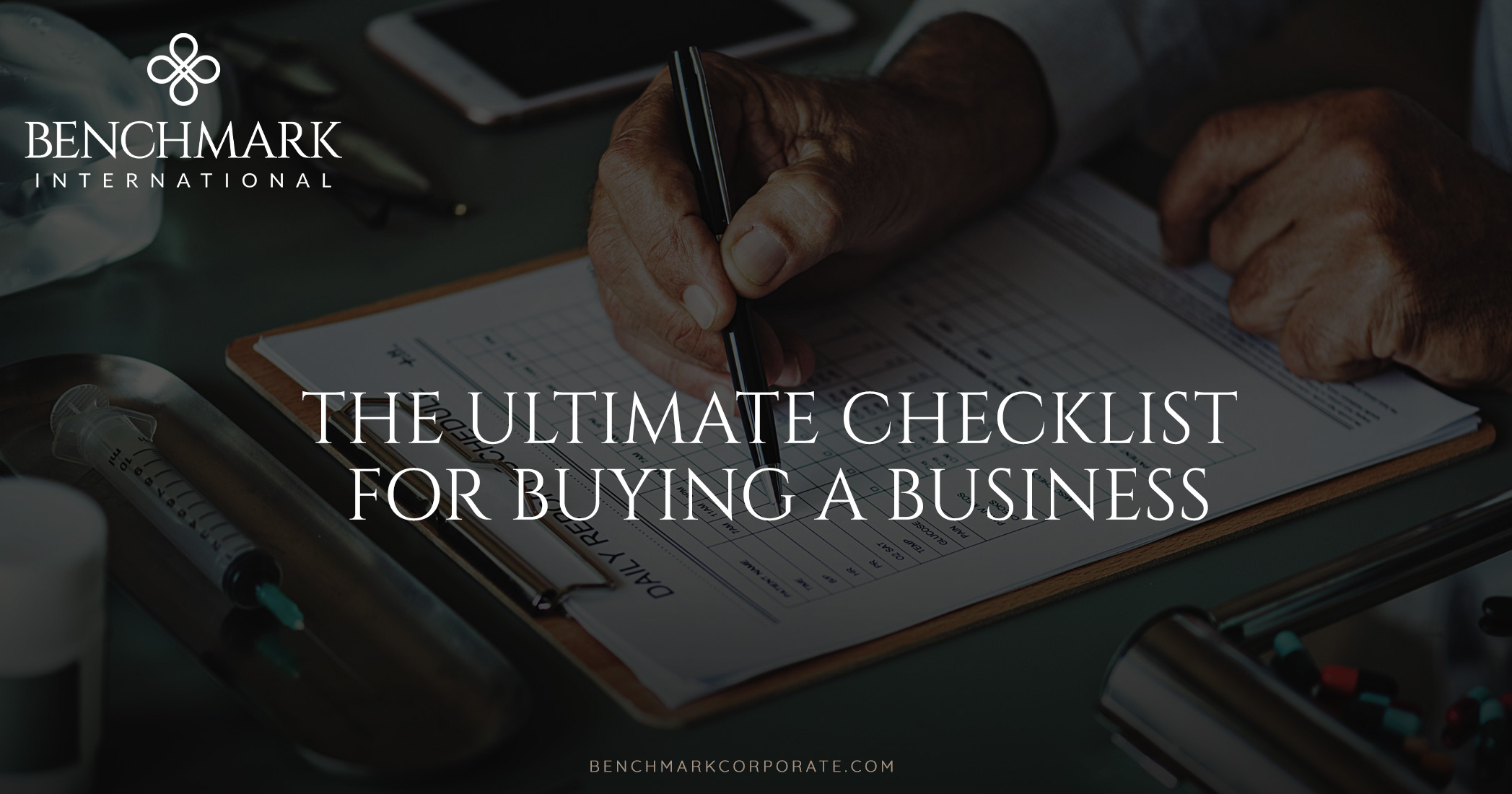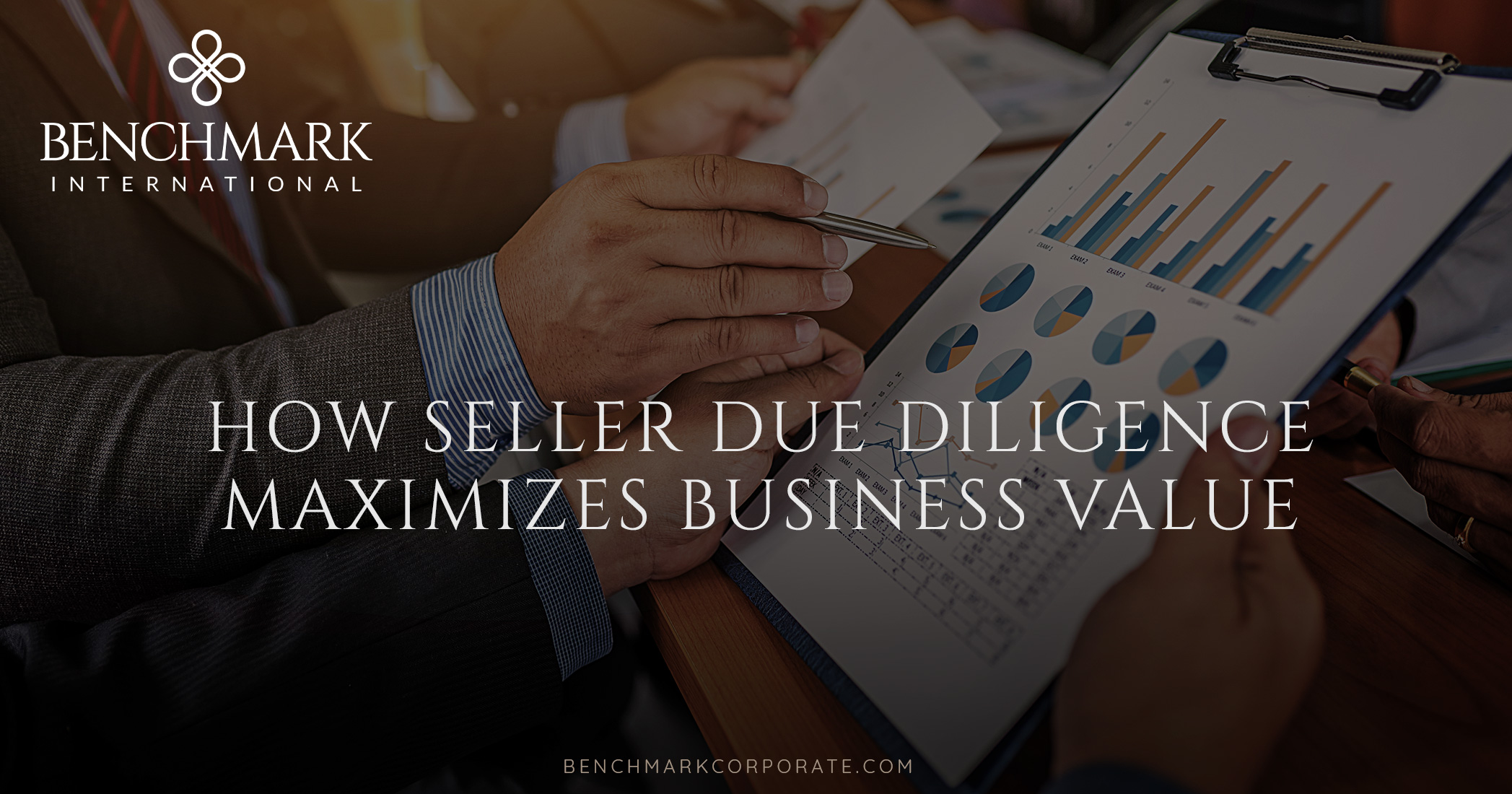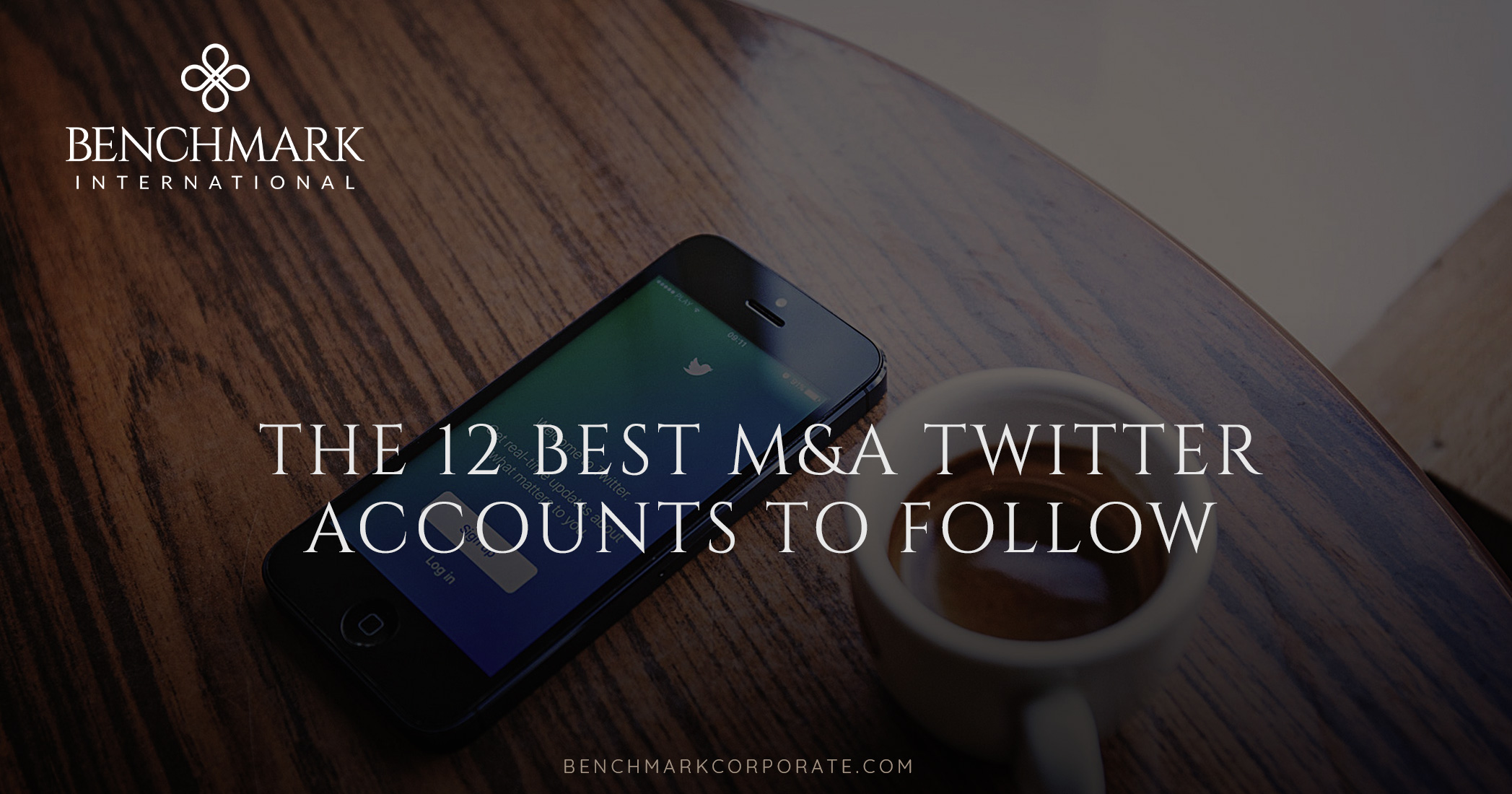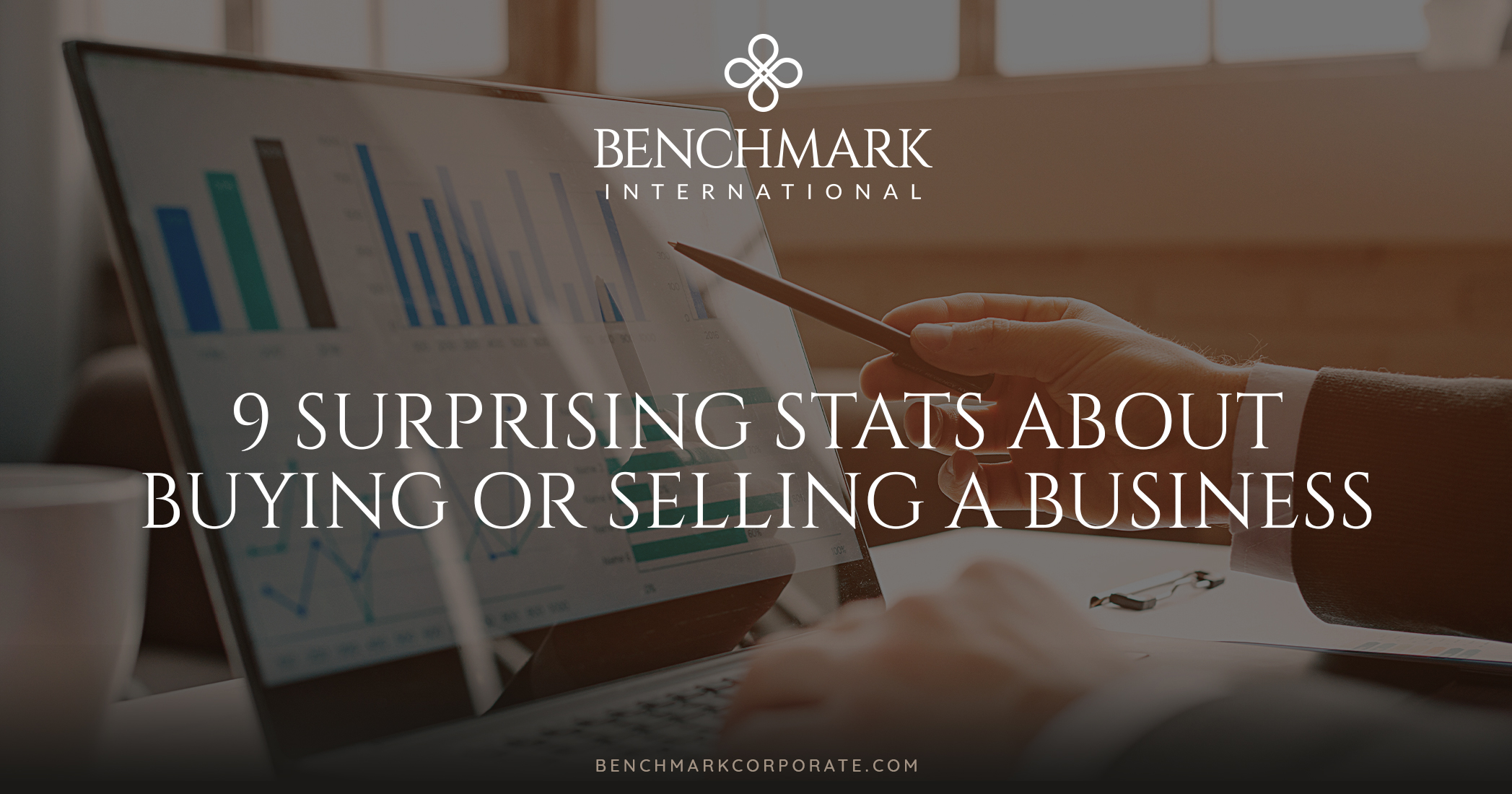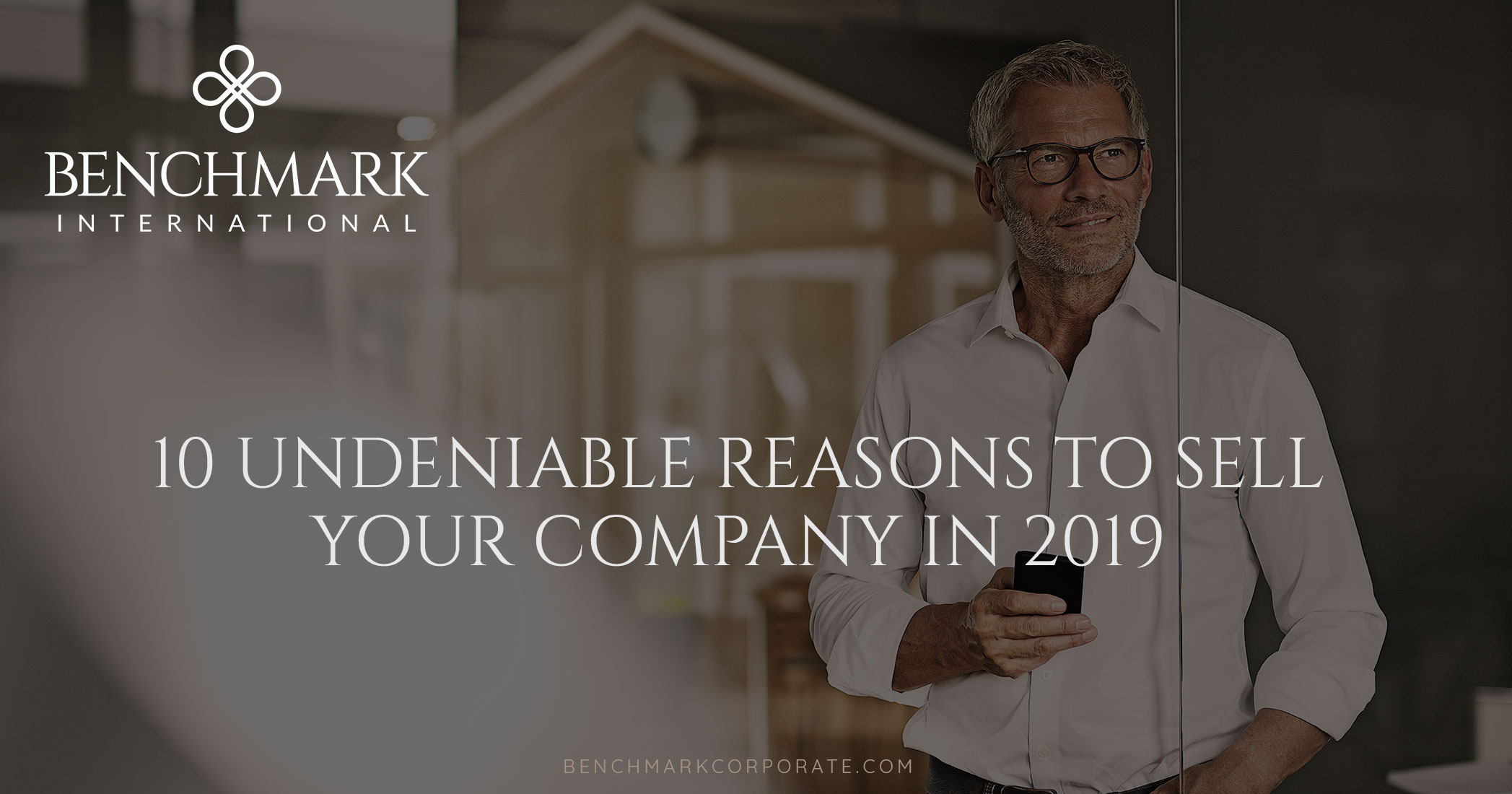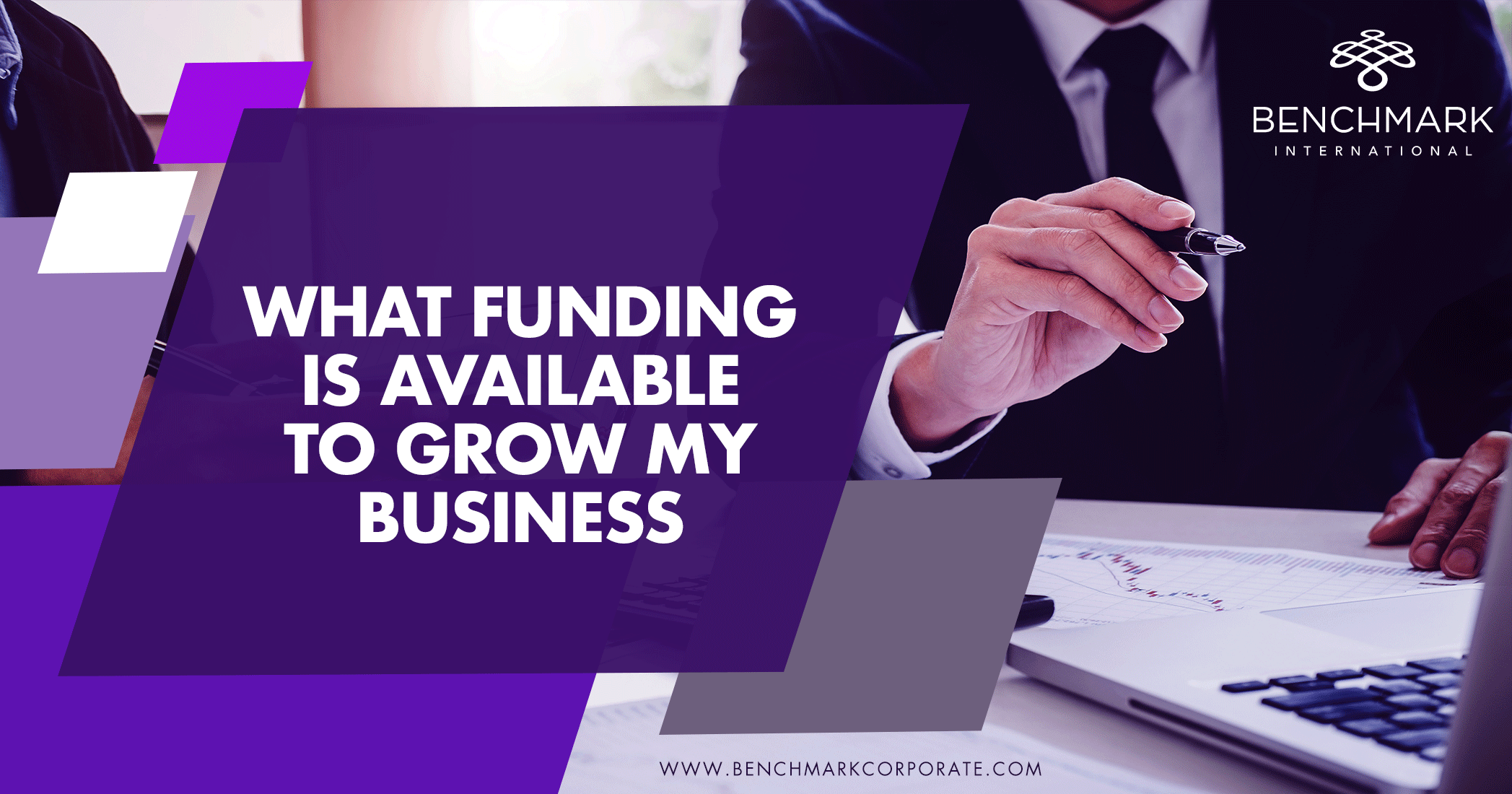1. “I can conduct the sale myself.”
You could. But you are likely to get a much better deal if you have the guidance of an M&A professional on your side. Not to mention, you are going to have far less of a headache if you do not take on this complex process on your own. It’s going to take a good bit of time and is going to involve meticulous details. The help of an M&A expert also allows you to remain focused on running your business instead of getting caught up in the sale process and being overwhelmed by trying to juggle both, just to get a smaller profit.
2. “I already know my buyer.”
You know your business better than anyone, so it is easy to assume that you will know your perfect buyer. But it is a competitive world and there are many types of buyers that could be a great fit. Fixating on one type of buyer limits your options. Exploring all of your prospects will allow you to maximize your sale potential. This includes buyers that may not even be in your same industry. You are more likely to find the right buyer with the help of an M&A firm that has global connections and vast experience brokering these types of deals.
3. “Selling will only take a few weeks.”
It is very rare that any merger or acquisition is completed quickly. It typically takes months to years to find the right buyer and iron out the details of the sale. Six months is a common estimated timeframe for small to mid-sized businesses.
4. “Asking price will be the purchase price.”
These are not the same thing. Following negotiations, it is common for the sale price to be lower than the asking price. A qualified M&A advisor can determine the fair market value of your business, help to maximize this value, arrange a better deal, and manage your expectations regarding the transaction.
5. “A buyer's financing is not my problem.”
A buyer's financing should surely concern you because they cannot buy your company without the capital needed to do so. You can play a role in moving the process along by boosting lender confidence through your testament as to how the business can continue to thrive under new ownership.
6. “I already have the advisors I need.”
As a business owner, you have skillful attorneys and accountants on your side that deserve credit for the fine work that they do in their areas of expertise. But it is unlikely that they are experienced in conducting complicated M&A deals. Even if they have a small level of experience with M&A, it probably is not enough to ensure that you get the best deal possible. Remember that selling your company is a monumental one-time deal that will impact the rest of your life. Consider how much you really want to risk your life’s work in the hands of someone who is not a consummate M&A expert.
7. “Next year, I can sell for more.”
Markets can be extremely unpredictable, especially in certain sectors. While timing is important to a sale, it is possible to wait too long and miss out on your best window of opportunity. Working with M&A professionals can help you make better decisions based on reliable data and knowledge, best determining when you should sell.
8. “My business is entirely different.”
It’s not out of the ordinary for a business owner to feel that their company is worth more than it actually is simply because of their emotional connection to it. While most businesses do have their own unique aspects, the reality is that unicorns are rare. You are better off to keep your expectations down to earth, because your business is likely not immune to middle-market norms.
9. “Selling means getting what I want.”
You deserve a deal that delivers on your goals for your future. But remember that a sale is going to have to work for both sides—otherwise you might as well not even consider selling. Many buyers are savvy and recognize when a seller is going to be unreasonable. The best way to fulfill your aspirations is to work with an M&A advisor that knows how to communicate with buyers and negotiate on your behalf while being mindful of how to make the deal enticing for them.

10. “I can wait to sell when I am ready.”
If you are seeking disappointment, this is the attitude to have. Waiting until you feel ready is a major pitfall. There are several factors regarding the economy, your industry, and the state of your business that must be considered into the timing of a sale. You might finally be ready, but you may not get what you could have if you went to market at a more suitable time. If you plan to sell eventually, the smart move is to start preparing your business sooner rather than later.
11. “Things are going great. So why sell now?”
Because when your business is trending upward, you are in a much more advantageous position to sell. You are more likely to see increased competition to buy and higher company valuations, and you will be under less pressure to accept any old offer.
12. “My company is ready to sell.”
Properly preparing a business to be taken to market takes quite a bit of work, time and energy. The level of detail that a business owner puts into compiling finances and business records, increasing marketability, planning for the transition, and crafting an exit strategy, directly impacts the salability of a company. If these matters are not in order, your company is not ready to sell.
13. “I must sell 100 percent of my business.”
There are some buyers that are content to providing capital for a minority ownership stake. This type of deal can give you capital to put back into the business and facilitate growth while you still remain the owner. Working with an M&A advisor can help you identify these buyers.
14. “Negotiating is over once I sign the LOI.”
Signing the letter of intent (LOI) is very important, but negotiations do not end there. There will be comprehensive due diligence leading up to the drafting of the purchase agreement. Negotiations continue until the purchase agreement is signed.
Let’s Talk
If you are considering selling your company and enlisting the help of passionate M&A experts like ours at Benchmark International, we are ready to become your partner in success
 Benchmark International
Benchmark International  Benchmark International
Benchmark International 













